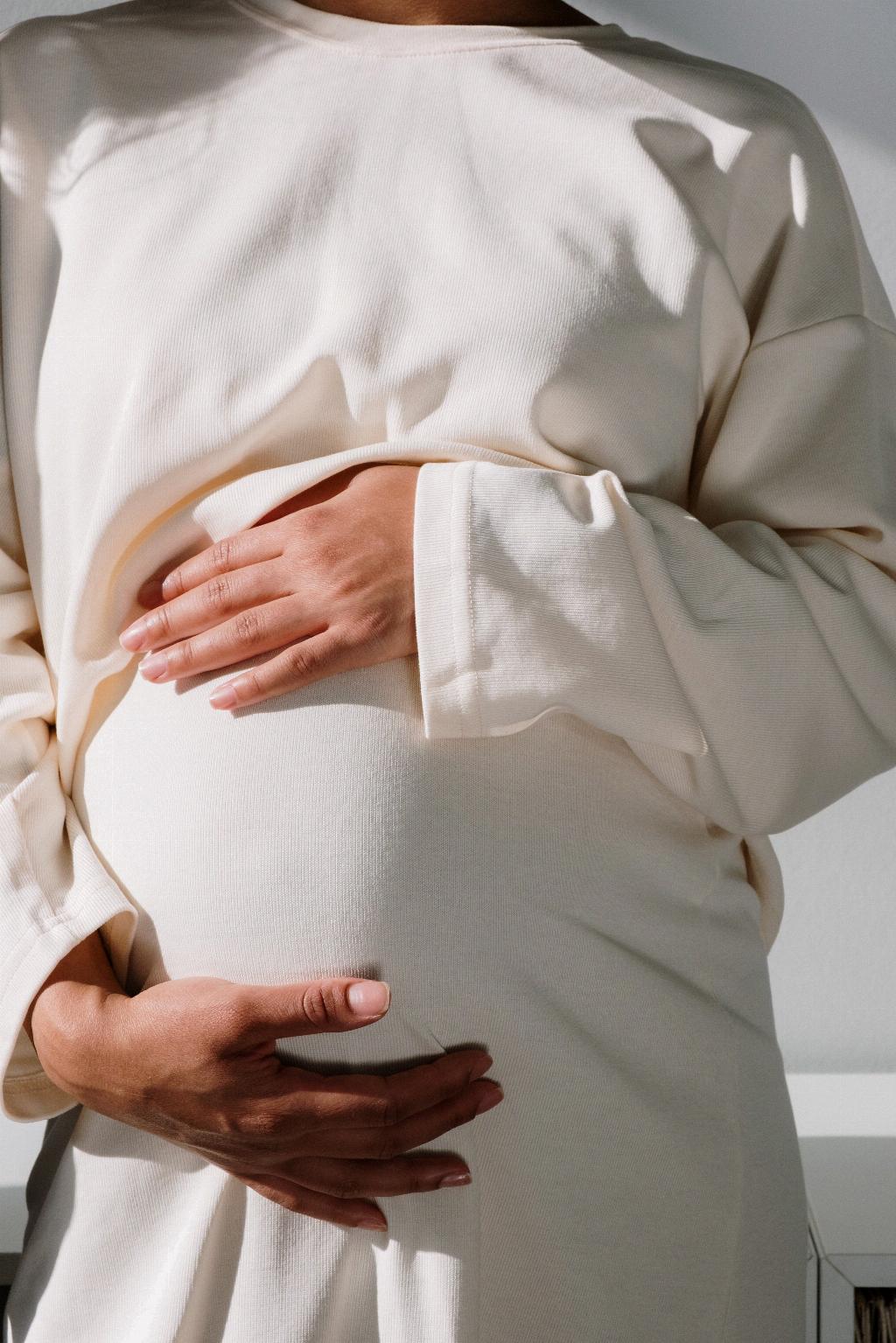Many women may wonder about the possibility of getting pregnant at the age of 48. While it is not impossible, it is crucial to understand the risks and considerations involved in late-age pregnancy. At 48 years old, fertility starts to decline significantly, making natural conception more challenging.
With advancing age, the quality and quantity of eggs decrease, leading to a decrease in fertility. This decline in fertility can make it harder to conceive, especially through natural means. However, assisted reproductive technologies such as in vitro fertilization (IVF) may still offer some hope for women in their late 40s.
It is important to recognize that pregnancy after 45 years of age is less common and is considered high risk. The risks associated with late-age pregnancy include a higher likelihood of spontaneous abortion, gestational trophoblastic disease, and chromosomal abnormalities in the fetus.
Spontaneous abortion, also known as miscarriage, is more common in older pregnant women due to various factors including chromosomal abnormalities in the embryo. The risk of miscarriage increases with age, making it a significant concern for women in their late 40s.
Gestational trophoblastic disease is a group of rare tumors that occur during pregnancy. While the condition is not directly related to age, older women are at a slightly higher risk of developing these tumors during pregnancy. It is essential to monitor for any signs or symptoms of gestational trophoblastic disease during pregnancy.
Another risk associated with late-age pregnancy is the higher incidence of chromosomal abnormalities in the fetus. As women age, the risk of having a baby with genetic disorders such as Down syndrome increases. Genetic testing and counseling are crucial for older pregnant women to assess the risk of chromosomal abnormalities in the fetus.
Despite the challenges and risks, it is possible for women at 48 years old to get pregnant, whether through natural conception or assisted reproductive technologies. Consulting with a fertility specialist and discussing the options available can provide clarity and guidance for women considering pregnancy in their late 40s.
In conclusion, while pregnancy at 48 years old is feasible, it is essential to be aware of the potential risks and challenges associated with late-age pregnancy. Understanding the implications of fertility decline, increased risk of complications, and the importance of genetic testing can help women make informed decisions about their reproductive health and family planning at an older age.

